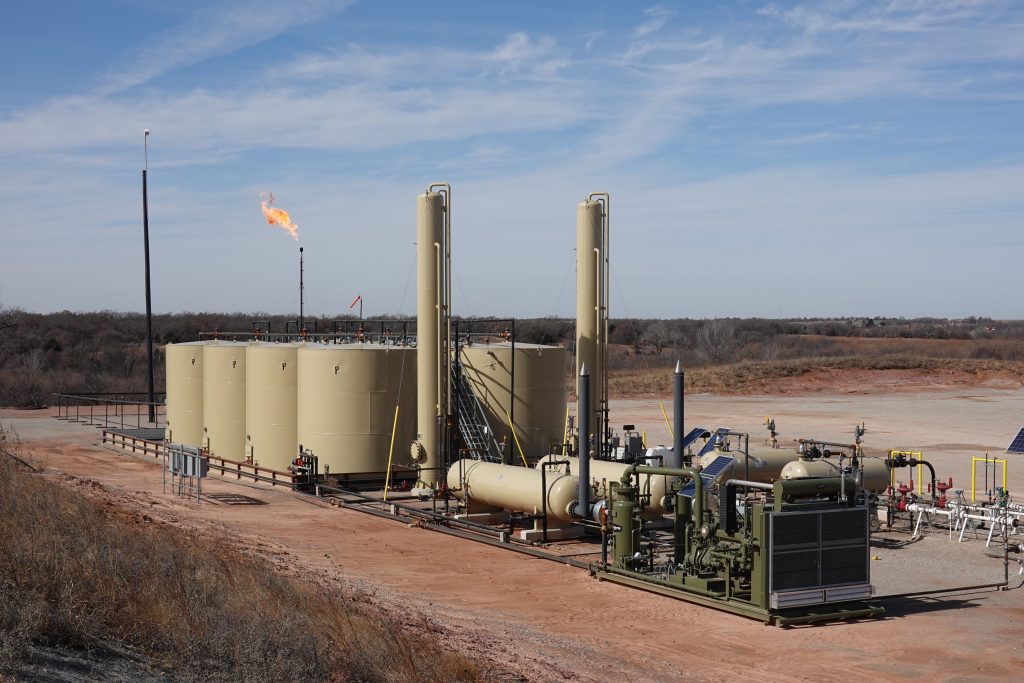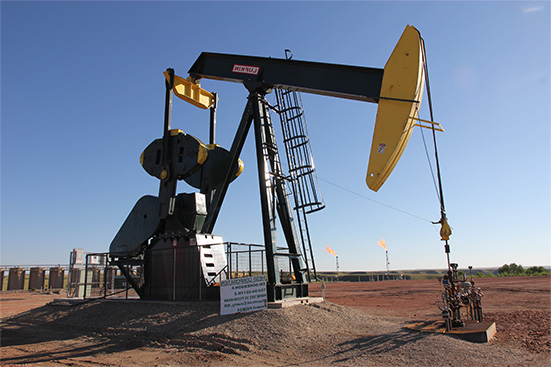
Oil and gas investors should stay informed about the changing dynamics of energy sustainability. This article examines the link between fossil fuels and sustainable development, providing valuable information for informed investment decisions.
Energy Access and Economic Development Amid Climate Challenges
Addressing climate change is essential, but it’s also important to maintain reliable access to energy for a good quality of life and economic growth. Sustainable development agendas must integrate climate change solutions without compromising energy reliability. For investors, this means recognizing opportunities in technologies and initiatives that bridge this gap.
Technological Progress in Renewable Energy: Implications for Fossil Fuels
The advancements in renewable energy technologies, notably in wind and solar, are reshaping the energy sector. Significant cost reductions and enhanced efficiencies indicate a transition in global energy mixes. Investors should note the growing potential of renewables, yet also understand that this shift doesn’t entirely sideline fossil fuels, especially in the medium to long term.
Fossil Fuels: A Vital Component in Renewable Tech Development
As we consider the role of fossil fuels, it’s important to recognize their role in developing “green” technologies and infrastructure.
The availability of essential metals and minerals is a key element in the shift towards renewable energy. Currently, the resources required to completely phase out fossil fuels in a short timeframe are insufficient. The goal of achieving net-zero emissions by 2050 faces a major challenge due to the limited availability of these crucial materials.
For oil and gas investors, this highlights the continued importance of fossil fuels, not just as an energy source but as a key player in the development of renewable technologies. Investing in fossil fuel industries remains relevant, as these energy sources are indispensable in creating and implementing “green” technology and infrastructure.
Understanding this relationship between fossil fuels and renewable energy development is essential for making informed and strategic investment decisions in a sector where traditional and emerging technologies coexist and complement each other.
Contact DW Energy
Want to learn more about oil & gas investing? Our expert team can provide you with more information or schedule a consultation to talk about diversifying your investment portfolio.

Rethinking the Role of Fossil Fuels
Technologies like Carbon Capture and Storage (CCS) and improved methane management are transforming the role of fossil fuels today. These innovations allow fossil fuels to contribute to CO2 emission reduction targets, making them a part of the solution. For investors, this highlights the potential for investment in fossil fuel companies that are leading in these technological advancements.
Technologies like ‘Net-Zero Oil’ and ‘Enhanced Oil Recovery’ are set to transform the oil and gas industry significantly. Here’s a closer look at how these technologies provide a more sustainable direction and tackle environmental issues related to climate change:
Net-Zero Oil – This concept focuses on producing oil with a net-zero carbon footprint. The idea is to offset or capture the equivalent amount of CO2 emitted during the extraction, refinement, and usage of oil. Techniques involved in achieving net-zero oil may include carbon capture and storage (CCS), where CO2 emissions are captured at the source and stored underground, and integrating renewable energy sources in oil production processes. By minimizing the carbon impact of oil, this technology aims to align oil production with global climate goals.
Enhanced Oil Recovery (EOR) – EOR refers to methods aimed at boosting the extraction of crude oil from an oil field. Traditionally, this involves injecting substances like water, chemicals, or gases into an oil reservoir to boost its pressure and stimulate oil production. A sustainable twist on EOR involves using CO2 for injection. This not only increases oil recovery but also serves as a method for storing CO2, a key greenhouse gas. By using CO2 in EOR, the oil and gas industry can turn a waste product into a valuable tool for increasing resource efficiency, while simultaneously sequestering CO2.
Both “Net-Zero Oil” and “Enhanced Oil Recovery” represent a shift in the industry towards more environmentally conscious practices. They offer ways to continue using fossil fuels while actively working to reduce their environmental impact. Enhancing efficiency and lowering emissions are essential for the oil and gas sector to remain viable and responsible in a world increasingly focused on combating climate change.
Fossil Fuels: Dominance in Global Energy Demand
Fossil fuels play a key role in meeting the world’s energy needs, supplying 80% of our global energy demand. This strong position offers a great opportunity for investors. Addressing the environmental impacts, like CO2 and methane emissions, is a challenge but also a chance for growth. Investing in new technologies to lower emissions and make processes more efficient is not just good for the environment, but also a smart business move. The fossil fuel industry is uniquely positioned to combine traditional energy with new, eco-friendly innovations, making it an attractive option for savvy oil and gas investors.
Renewables and Fossil Fuels: A Balanced Transition
The transition to renewables is not uniform across all energy sectors. In industries like cement and steel production, emissions stem from both energy use and the production process. The current lack of scalable alternatives to these processes means that fossil fuel applications are here to stay. This situation opens up diverse investment opportunities in both renewable energy and in fossil fuel technologies that are cleaner and more efficient.
Practical Tips for Investors
- Diversify Investments – Balance your portfolio by exploring a variety of innovative fossil fuel technologies alongside other sectors.
- Monitor Technological Advances – Stay informed about advancements in energy technologies, especially those that improve efficiency in the fossil fuel sector.
- Understand Policy Impacts – Stay informed about environmental policies and regulations, as they can significantly impact the energy sector.
As the energy sector evolves, the role of fossil fuels continues to adapt and change. For qualified oil and gas investors, it’s important to understand these changes to make wise and profitable investment decisions. Investing wisely in traditional fossil fuels, while keeping an eye on new technologies and trends, is key to thriving in this dynamic industry.
Contact dw energy
Sources:
“Simon Michaux, PhD, Geological Survey Finland – Not enough metals for total electrification,” Renewable Crude Derived Energy Association, https://rincrude.com/?p=1762
“The Role of Critical Minerals in Clean Energy Transitions,” International Energy Agency, https://www.iea.org/reports/the-role-of-critical-minerals-in-clean-energy-transitions/executive-summary
“Can we use CO2 in a beneficial way? EOR has the answer,” Oxy, https://www.oxy.com/operations/performance-production/eor/
“Enhanced Oil Recovery (EOR): What it Means, Examples,” Investopedia, https://www.investopedia.com/terms/e/enhanced-oil-recovery.asp
“Global Energy Demand,” ScienceDirect, https://www.sciencedirect.com/topics/engineering/global-energy-demand“
What is carbon capture and storage?” National Grid, https://www.nationalgrid.com/stories/energy-explained/what-is-ccs-how-does-it-work
